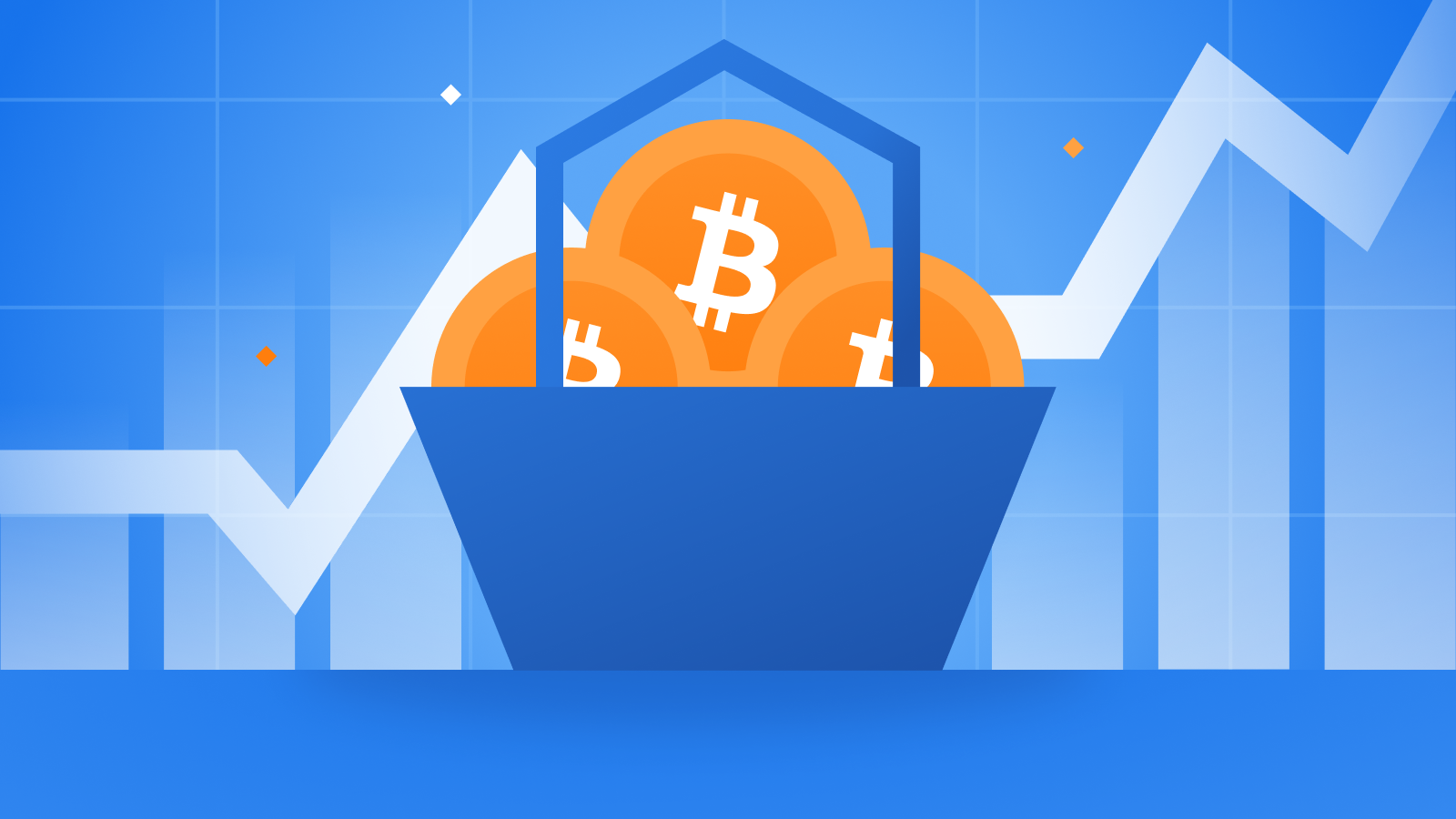
Среди множества возможных вариантов использования технологии блокчейн, управление цифровой идентификацией и проверка документов является одним из наиболее перспективных направлений. Только в 2018 году миллиарды людей по всему миру пострадали от утечки их личных данных и на данный момент существует бесспорная потребность в более безопасных методах хранения, передачи и проверки персональной информации. В таком контексте, системы основанные на блокчейн являются подходящим решением проблемы, с которой сталкиваются большинство централизованных баз данных.
Показать полностью... 




